Social reward
Recent articles
New test taps nose pokes as a proxy for social motivation in mice
Over one hour, a particularly motivated mouse poked its nose 350 times into a hole in the test chamber in the hopes of meeting a playmate.
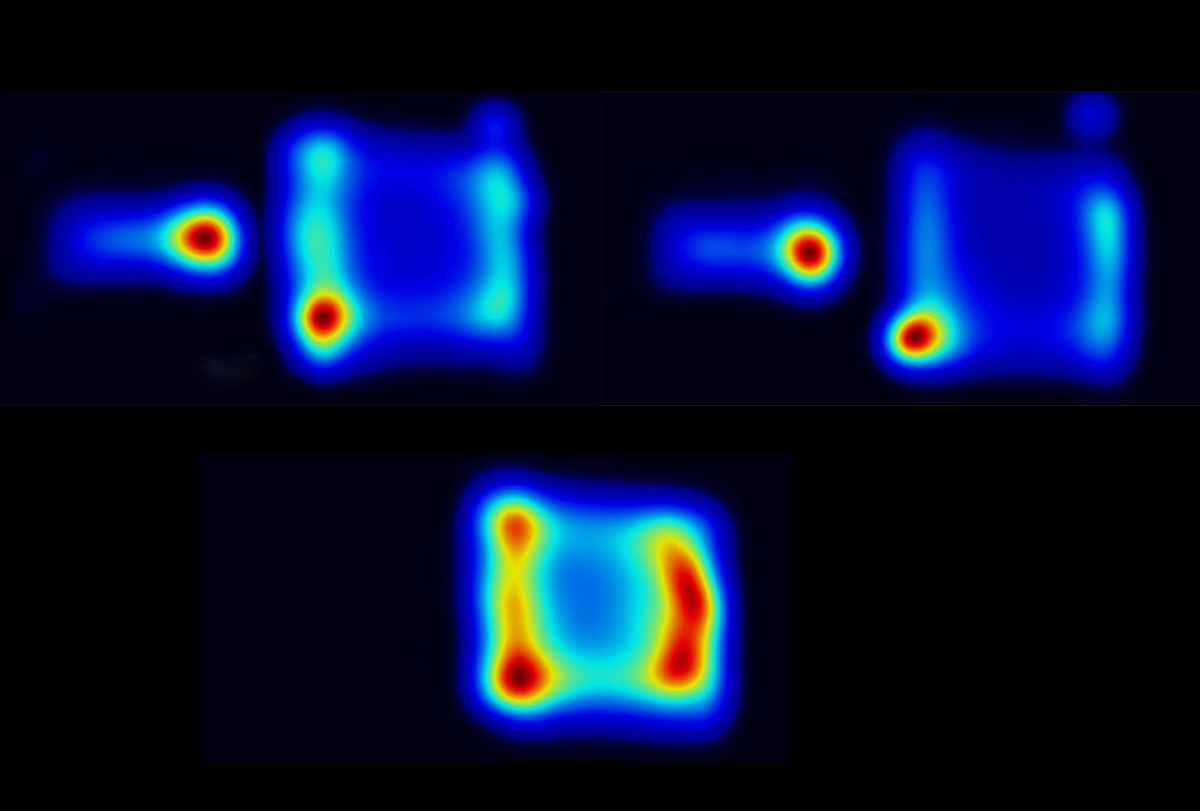
New test taps nose pokes as a proxy for social motivation in mice
Over one hour, a particularly motivated mouse poked its nose 350 times into a hole in the test chamber in the hopes of meeting a playmate.
Psychedelics give mice second chance to learn social rewards
The drugs may reopen a critical window during development in which the brain can more easily adjust its connections.
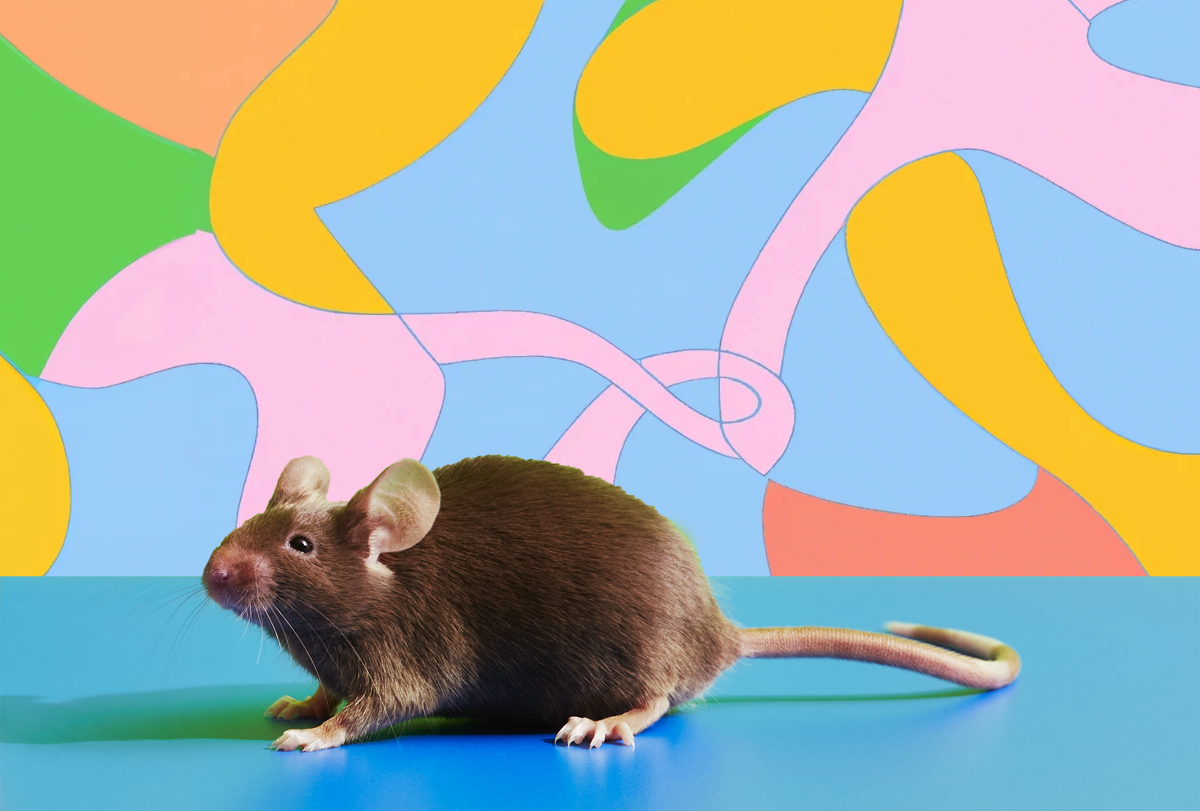
Psychedelics give mice second chance to learn social rewards
The drugs may reopen a critical window during development in which the brain can more easily adjust its connections.
Getting eight arms around autism
Octopuses can solve some of the same problems as people but do so in unusual ways.
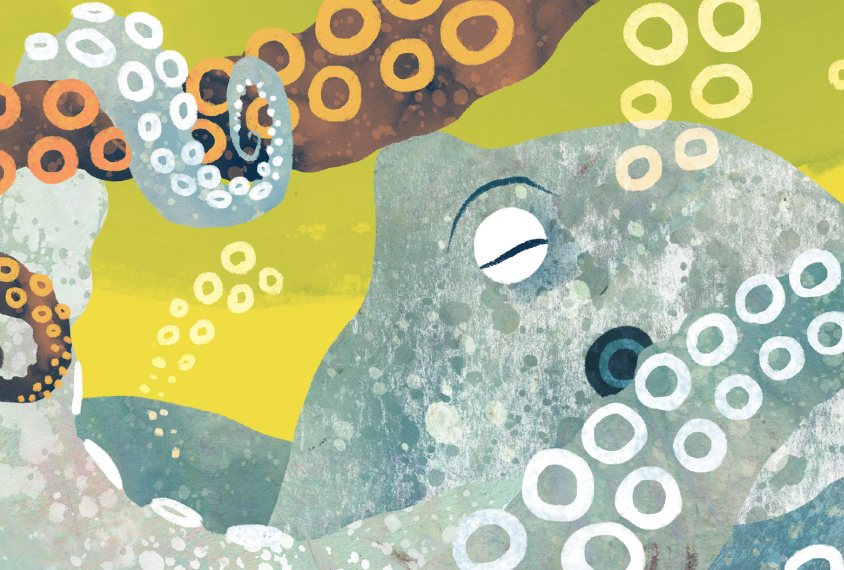
Getting eight arms around autism
Octopuses can solve some of the same problems as people but do so in unusual ways.
Drugs boost serotonin, socialization in multiple autism mouse models
The finding that MDMA and an experimental serotonin agonist increase sociability across six different model mice suggests that disparate autism-linked mutations converge on the same underlying pathways.
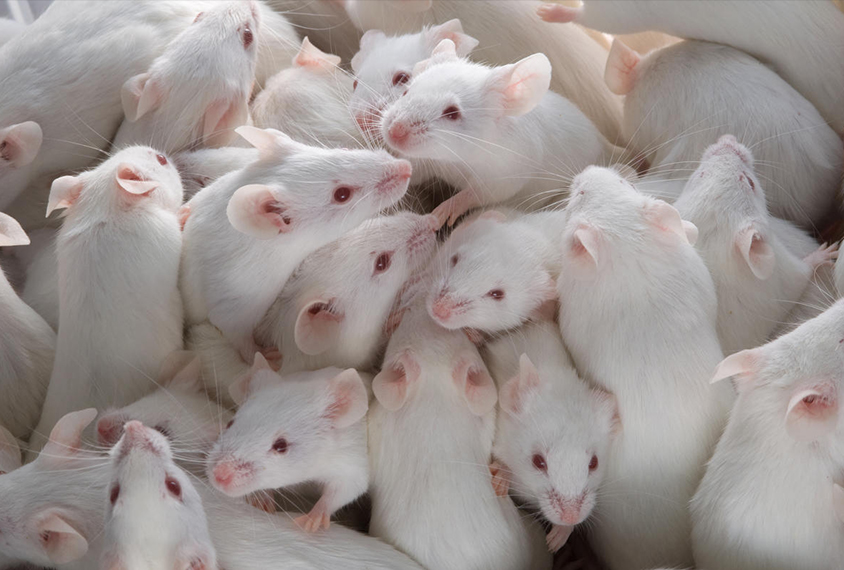
Drugs boost serotonin, socialization in multiple autism mouse models
The finding that MDMA and an experimental serotonin agonist increase sociability across six different model mice suggests that disparate autism-linked mutations converge on the same underlying pathways.
The benefits of special interests in autism
Researchers are studying how the intense passions of autistic people shape the brain, improve well-being and enhance learning.
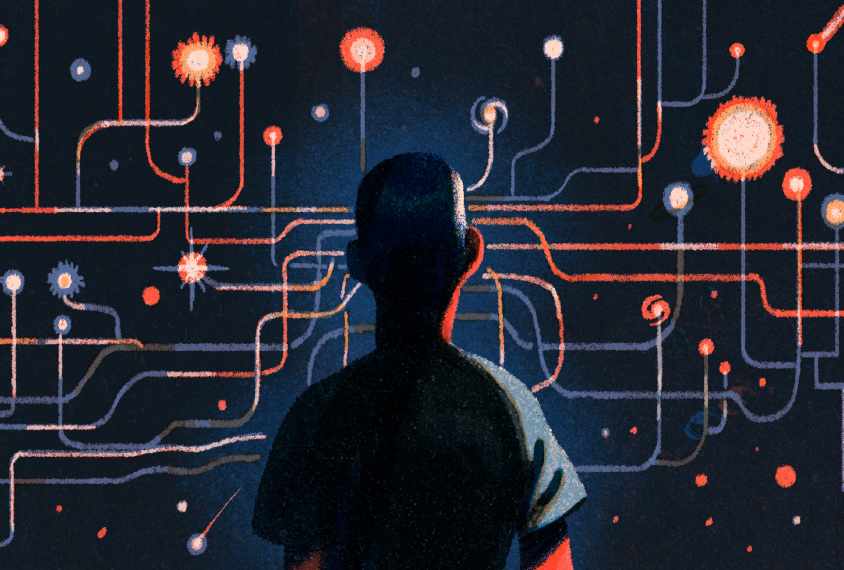
The benefits of special interests in autism
Researchers are studying how the intense passions of autistic people shape the brain, improve well-being and enhance learning.
Brain circuit makes social interactions rewarding, may be altered in autism
Blocking connections between the amygdala and hypothalamus prevents mice from finding social interactions as rewarding as they would otherwise.
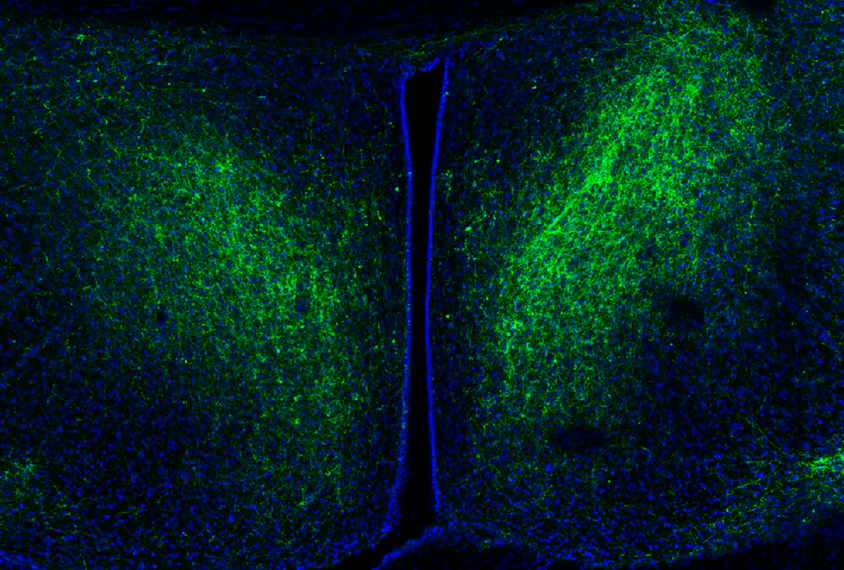
Brain circuit makes social interactions rewarding, may be altered in autism
Blocking connections between the amygdala and hypothalamus prevents mice from finding social interactions as rewarding as they would otherwise.
Dopamine neurons may dampen social behavior in mouse model of autism
Mice missing a copy of the autism-linked gene PTEN show a reduced preference for social interaction, possibly due to atypically large, overconnected dopamine neurons. Easing the overconnection may alleviate this trait.
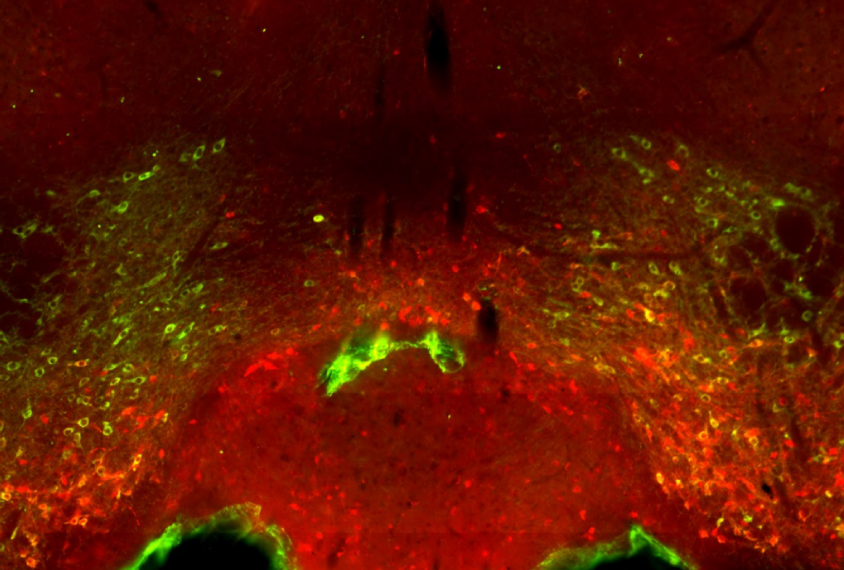
Dopamine neurons may dampen social behavior in mouse model of autism
Mice missing a copy of the autism-linked gene PTEN show a reduced preference for social interaction, possibly due to atypically large, overconnected dopamine neurons. Easing the overconnection may alleviate this trait.
Autism-linked gene exerts varied effects on oxytocin circuits in mice
Two types of neurons process social information, a new mouse study suggests, but only one is disrupted in mice missing the autism-linked gene FMR1.
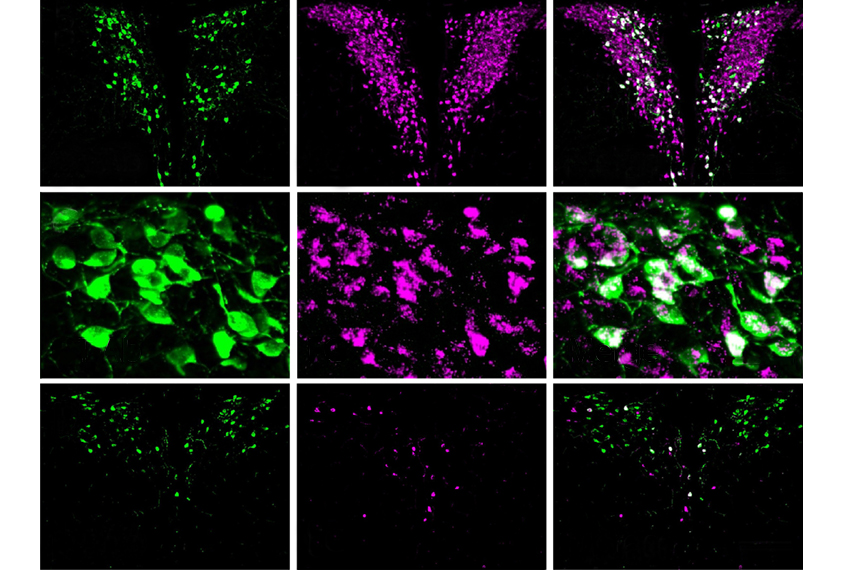
Autism-linked gene exerts varied effects on oxytocin circuits in mice
Two types of neurons process social information, a new mouse study suggests, but only one is disrupted in mice missing the autism-linked gene FMR1.
Social motivation predicts language skills in autistic children
The more children with autism tune in to and communicate with others as toddlers, the stronger their conversation skills are later in childhood.

Social motivation predicts language skills in autistic children
The more children with autism tune in to and communicate with others as toddlers, the stronger their conversation skills are later in childhood.
In search of ‘social’ subtypes of autism
Grouping autistic people based on their social abilities may reveal subtypes of the condition.
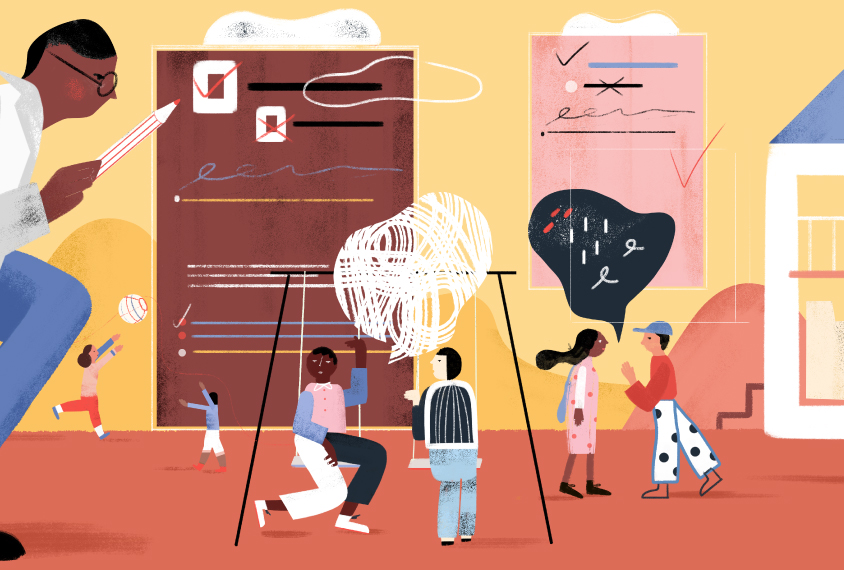
In search of ‘social’ subtypes of autism
Grouping autistic people based on their social abilities may reveal subtypes of the condition.
Explore more from The Transmitter
As federal funders desert mentorship programs for marginalized students, trainee-led initiatives fill the gap
Grassroots organizations, led by graduate students and postdoctoral researchers, are stepping up to provide neuroscience career training and guidance for students from marginalized backgrounds—and they need your support.

As federal funders desert mentorship programs for marginalized students, trainee-led initiatives fill the gap
Grassroots organizations, led by graduate students and postdoctoral researchers, are stepping up to provide neuroscience career training and guidance for students from marginalized backgrounds—and they need your support.
Split gene therapy delivers promise in mice modeling Dravet syndrome
The new approach overcomes viral packaging limitations by delivering SCN1A piecemeal and stitching it together in target cells.

Split gene therapy delivers promise in mice modeling Dravet syndrome
The new approach overcomes viral packaging limitations by delivering SCN1A piecemeal and stitching it together in target cells.
U.S. human data repositories ‘under review’ for gender identity descriptors
Researchers associated with the repositories received an email from the U.S. National Institutes of Health in March noting that they must comply with a 20 January executive order from President Trump that recognizes only two sexes: male and female.
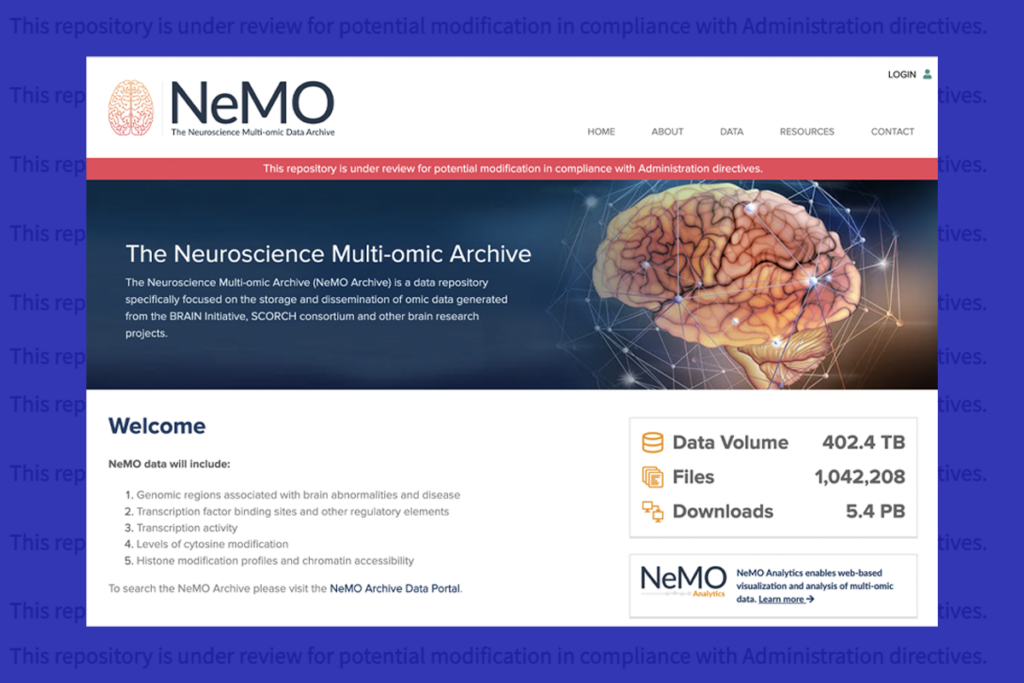
U.S. human data repositories ‘under review’ for gender identity descriptors
Researchers associated with the repositories received an email from the U.S. National Institutes of Health in March noting that they must comply with a 20 January executive order from President Trump that recognizes only two sexes: male and female.